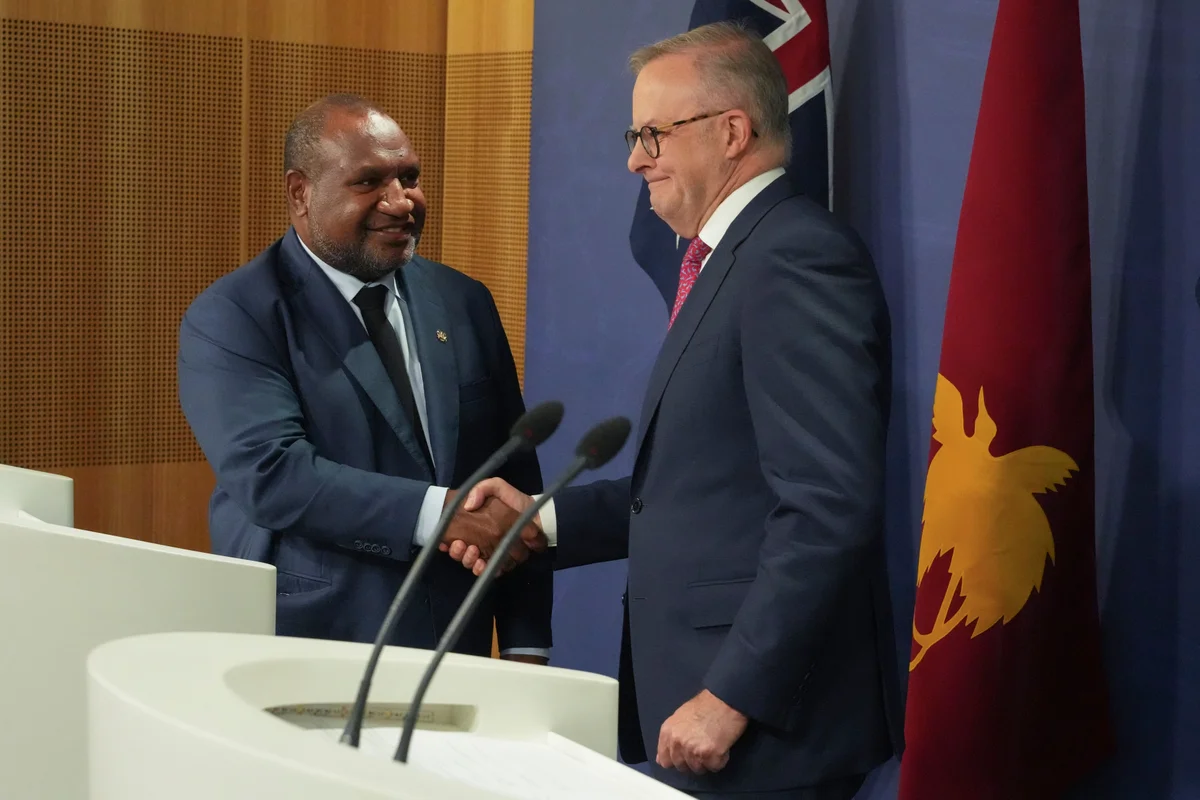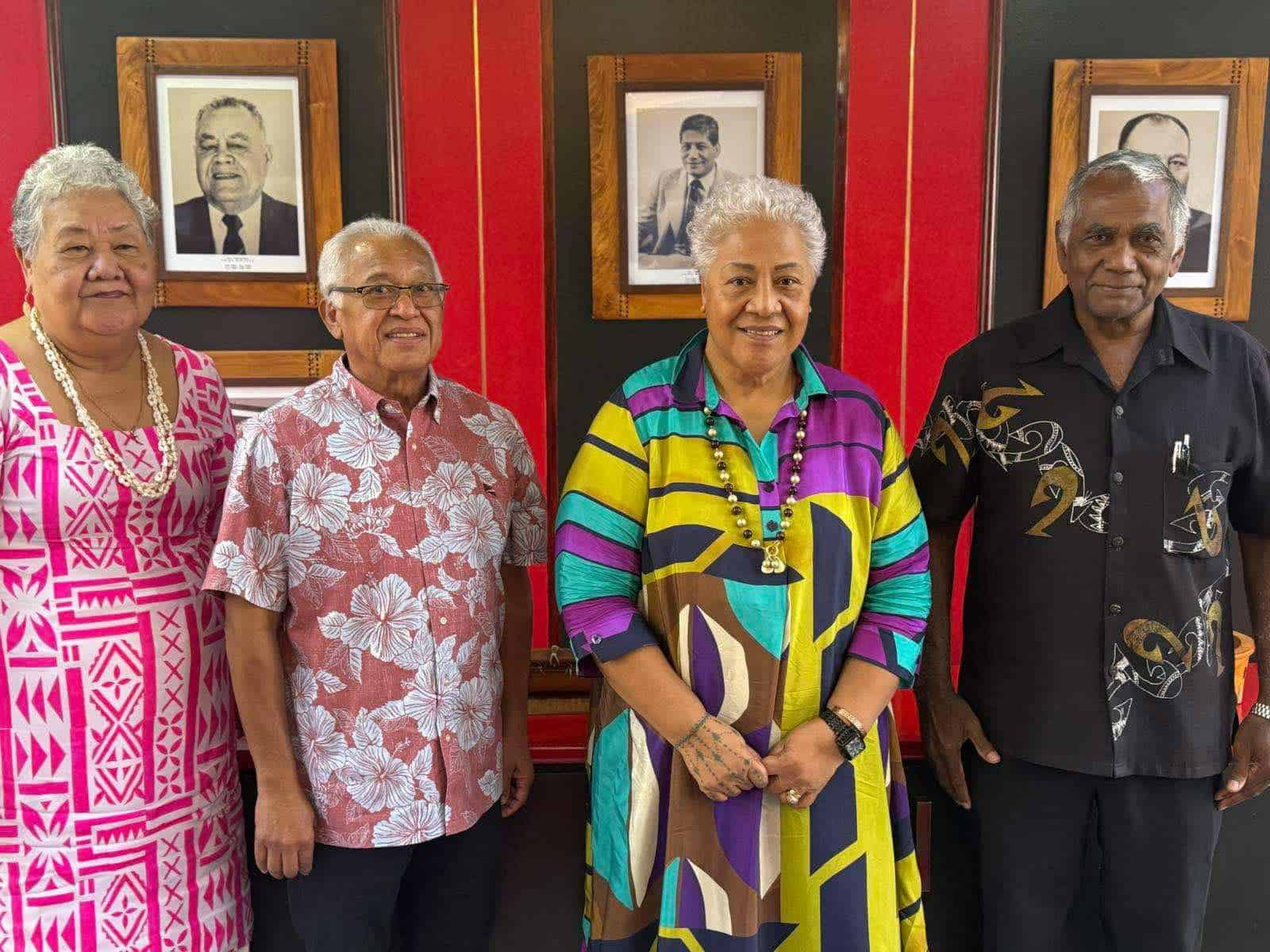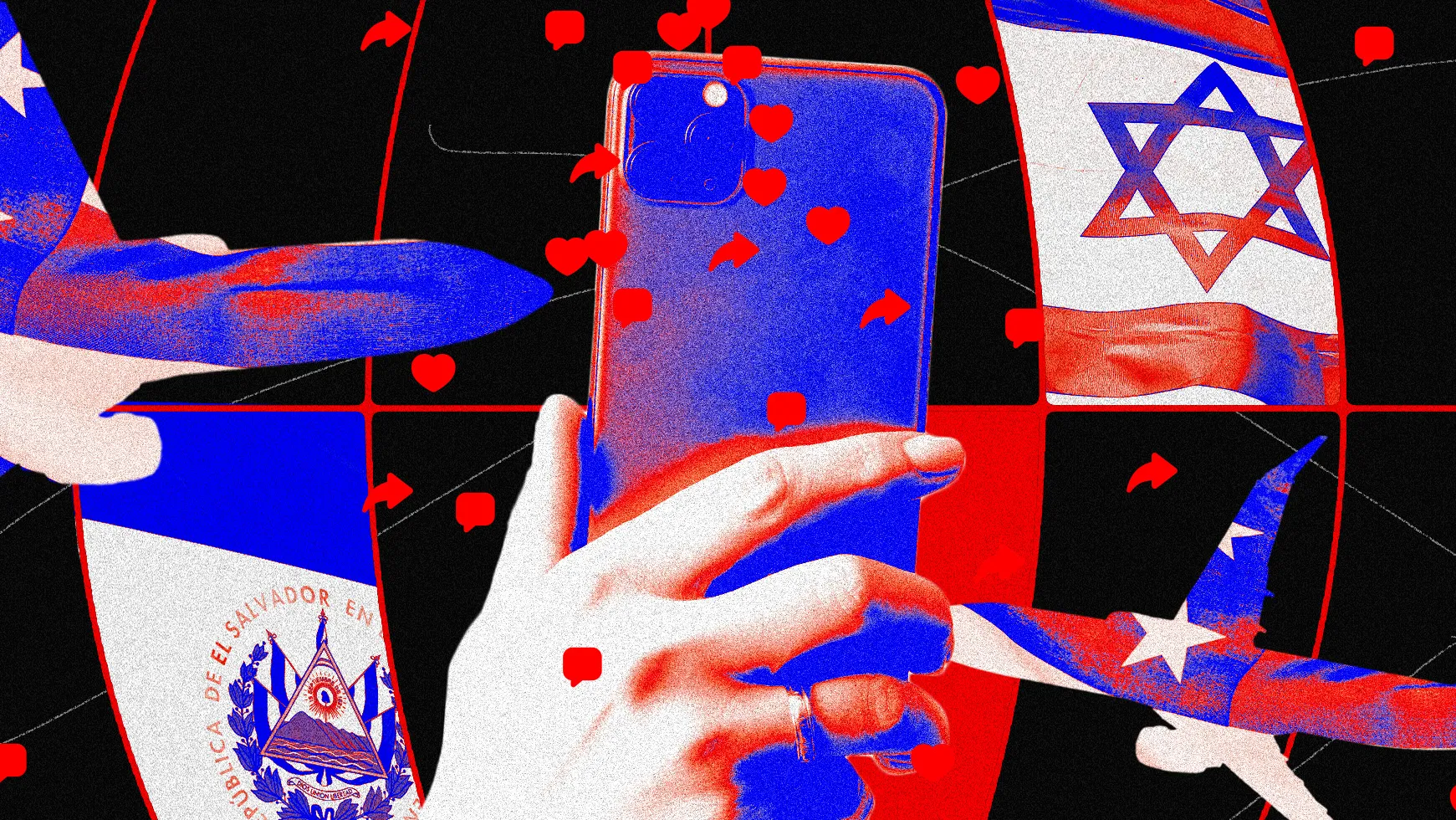Australia to ‘totally integrate’ armed forces with Papua New Guinea amid growing concerns over China
By Arpan Rai
Copyright independent

Australia and Papua New Guinea will “totally integrate” their defence forces under a new security pact, Australian prime minister Anthony Albanese said on Monday.
The Australian prime minister travelled to Papua New Guinea on Monday to sign the defence treaty that lifts ties with Australia’s closest Pacific neighbour to the equivalent of its security alliance with the United States.
The security deal comes as Australia bolsters its attempts to counter China’s growing security influence in the Pacific region.
Mr Albanese said he and his Papua New Guinean counterpart James Marape will be signing the pact on Wednesday, a day after marking the South Pacific island’s 50th anniversary of independence from Australia.
“It is a very significant upgrade in our defence relationship,” Mr Albanese told reporters in Perth before leaving for the country’s nearest neighbour. He will be joined by US deputy secretary of state Christopher Landau in the Guinean capital city Port Moresby for the signing. The US signed its own defence pact with Papua New Guinea in 2023.
“It’s certainly an upgrade to the relationship, I will have more to say once we have signed the agreement going forward, I think that’s the respectful thing to do rather than foreshadow it all, it’s an upgrade in our security relationship to a treaty level to the sort of level that we have with the United States and … other allies so it is important going forward,” he told ABC news.
He added: “It’s increased interoperability, it’s increased engagement and security relationship … our economic relationship is important and our people to people relations as well.”
“It means that Papua New Guinea is choosing … it’s own interest, going forward, and it’s sovereignty,” Mr Albanese said.
Mr Albanese said the new pact will cover mutual defence for both the nations. “Which means that we will provide support for each other, provide for an integration of our interoperability of our assets and our respective defence forces,” he said.
Papua New Guinea’s defence minister Billy Joseph said the deal was a “mutual defence treaty” that would see the countries work together to defend each other’s territories.
“We’re not talking about interoperability, we’re talking about totally integrated forces,” he told ABC.
Under the security pact, citizens from both countries will be allowed to serve in each other’s militaries. Australia will also offer citizenship as an incentive for Papua New Guineans to enlist in the Australian military.
Australia currently accepts recruits from its Five Eyes allies – the US, the UK, Canada and New Zealand.
The inking of the pact comes a week after China’s latest show of force in the region, sailing its new model of aircraft carrier through the Taiwan Strait. Australia sent a destroyer – the Brisbane – through the same strait earlier this month, angering Beijing.
China’s growing influence in the region is exemplified by the fact that three Pacific island nations have changed their allegiances from Taiwan to Beijing since 2019.
The US and its allies are particularly concerned by China’s growing sway in security through police training programmes and other security cooperation in Fiji, Kiribati, Samoa, the Solomon Islands and Vanuatu.
Experts have said wording around the “exclusivity” of the partnership between Australia and Papua New Guinea will be significant at a time when several Pacific island nations have avoided being seen as taking sides in the strategic competition between the US and its allies and China.
“If there’s any wording around Australia being the security partner of choice for a country like Papua New Guinea, that would be a big win” for Australia, said Oliver Nobetau, project director of the Australia–Papua New Guinea Network at the Sydney-based Lowy Institute international policy think tank.
“We know that Pacific countries, PNG in particular, have been quite adamant about protecting their sovereignty, which means removing the sort of language that excludes third-party partnerships,” he added.



